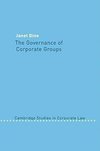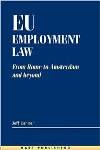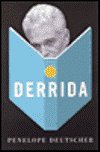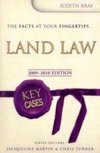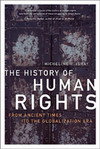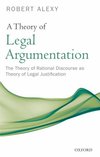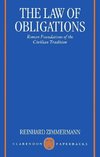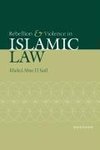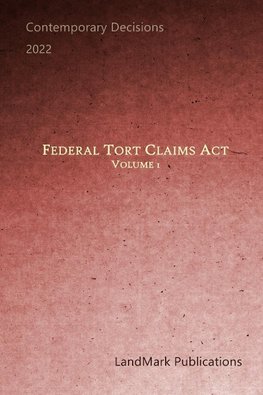
-
 Anglický jazyk
Anglický jazyk
Federal Tort Claims Act
Autor: Landmark Publications
THIS CASEBOOK contains a selection of U. S. Court of Appeals decisions that analyze, interpret and apply provisions of the Federal Tort Claims Act. Volume 1 of the casebook covers the District of Columbia Circuit and the First through the Fifth Circuit Court... Viac o knihe
Na objednávku, dodanie 2-4 týždne
38.79 €
bežná cena: 43.10 €
O knihe
THIS CASEBOOK contains a selection of U. S. Court of Appeals decisions that analyze, interpret and apply provisions of the Federal Tort Claims Act. Volume 1 of the casebook covers the District of Columbia Circuit and the First through the Fifth Circuit Court of Appeals. As a general rule, the United States is immune from claims for money damages in civil suits. See Larson v. Domestic & Foreign Commerce Corp., 337 U.S. 682, 686-90, 69 S.Ct. 1457, 93 L.Ed. 1628 (1949). The FTCA waives the United States' sovereign immunity for civil suits for money damages "for injury or loss of property, or personal injury or death caused by the negligent or wrongful act or omission of any employee of the Government while acting within the scope of his office or employment." 28 U.S.C. § 1346(b)(1). Where the FTCA's waiver is operative, the government is liable in tort "in the same manner and to the same extent as a private individual under like circumstances." Id. § 2674. However, this broad waiver of sovereign immunity is cabined by a list of exceptions. See id. § 2680. [T]he FTCA's waiver does not apply to "[a]ny claim ... based upon the exercise or performance or the failure to exercise or perform a discretionary function or duty on the part of a federal agency or an employee of the Government, whether or not the discretion involved be abused." Id. § 2680(a). The exceptions to the FTCA's immunity waiver work to defeat the subject matter jurisdiction of the federal courts. Indemnity Ins. Co. of N. Am. v. United States, 569 F.3d 175, 180 (4th Cir. 2009). Thus, the burden is on the plaintiff in such a civil suit to establish "that the discretionary function exception does not foreclose their claim." Seaside Farm, Inc. v. United States, 842 F.3d 853, 857 (4th Cir. 2016). This exception represents one limit to the extent of "Congress' willingness to impose tort liability upon the United States." United States v. S.A. Empresa de Viacao Aerea Rio Grandense (Varig Airlines), 467 U.S. 797, 808, 104 S.Ct. 2755, 81 L.Ed.2d 660 (1984). It exists to prevent interference by the judiciary in the policy-laden balancing that accompanies the exercise of executive discretion. See Baum v. United States, 986 F.2d 716, 720 (4th Cir. 1993); Tiffany v. United States, 931 F.2d 271, 276 (4th Cir. 1991). Most importantly, the exception protects that "discretion of the executive ... to act according to [his] judgment of the best course, a concept of substantial historical ancestry in American law." Dalehite v. United States, 346 U.S. 15, 34, 73 S.Ct. 956, 97 L.Ed. 1427 (1953). Taken together, these considerations make manifest the important separation-of-powers principles that animate the discretionary function exception. See Holbrook v. United States, 673 F.3d 341, 345 (4th Cir. 2012). Blanco Ayala v. United States, 982 F. 3d 209 (4th Cir. 2020)
- Vydavateľstvo: LandMark Publications
- Rok vydania: 2022
- Formát: Paperback
- Rozmer: 229 x 152 mm
- Jazyk: Anglický jazyk
- ISBN: 9781087942988
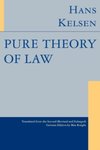
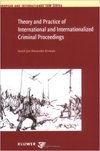
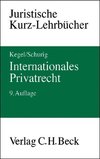
 Nemecký jazyk
Nemecký jazyk 